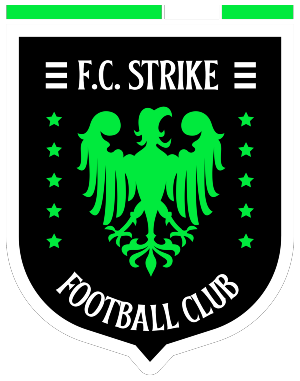Soccer IQ, also known as football IQ, refers to a player’s level of understanding and awareness of the game of soccer. It encompasses their ability to read and interpret the dynamics of the game, make quick decisions, anticipate movements, and effectively use their skills and knowledge to contribute to their team’s success.
Players with high soccer IQ possess a deep understanding of various aspects of the game, including tactics, positioning, game flow, and the abilities and tendencies of both their teammates and opponents. They have an innate ability to analyze and assess the on-field situation, make intelligent choices, and adapt their gameplay accordingly.
Soccer IQ is not solely dependent on physical attributes or technical skills. It involves mental acuity, strategic thinking, and the ability to think several moves ahead, similar to how a chess player analyzes the board. A high soccer IQ enables players to find and create space, make accurate passes, execute effective plays, and make timely decisions under pressure.
Coaches often value players with high soccer IQ as they can act as on-field leaders, directing their teammates, organizing the team’s shape, and making split-second decisions to exploit weaknesses in the opposition’s defense or capitalize on scoring opportunities.
Developing soccer IQ is a continuous process that involves studying the game, watching professional matches, learning from experienced players and coaches, and gaining practical experience through regular training and competitive play.
“The problem in soccer is that you learn to play (the wrong) way round – first execution, then decision making, and perception last… as a player, I have to analyze, then decide, and finally execute.” – Arsene Wenger
Research shows that neuromuscular coordination is “maximally engrained” early.
This pretty much means that learning physical skills later in life is much harder than if you started out young. This is pretty easy to understand but let’s see how this applies to soccer.
Wagner want’s you to Analyze, Decide, & Then Execute… sound great. Try telling that to an up and coming soccer player. They are too worried about “not messing up” rather than “let me analyze the game.”
This also misses the point of analyzing what is possible as the ball comes to you.
Analyzing the game is important but it’s realistically not the the FIRST thing a soccer player should focus on if they want to play the game smarter.
Why Most Players Don’t Have Great “Soccer IQ”
A player must be able to keep their head up while the ball is coming… this requires confidence.
Confidence that only comes from having mastered the technique of receiving the ball, so that it’s second nature.
An important piece to consider is opportunity.
Opportunity is time based. A player’s first touch must be intentional.
In a way, it also has to be perfect, so they can lift their head to see opportunities, or get the ball off their feet…fast.
This all falls under a players “technical” ability.
After that, second touch and onward must all have masterful technique so they are able to keep their head up.
This is a must if they are to be aware of opportunities as they happen while the ball is at their feet… again technique.
Soccer Isn’t Complex, Making Decisions Is
Soccer isn’t all that complex.
Having played and coaching many sports that need faster decision making like basketball or playing as an option quarterback…
Decision making in soccer is limited by your visual input
and visual input is limited by technical mastery and the confidence to keep the head up that comes with it.
To Have Better Soccer IQ, You Need to Have Better Vision…
Let’s break it down.
If I were to show a soccer player a 1 second opportunity… and in that 1 second, they had to make a decision… what are the chances they’ll make a smart play?
Their soccer IQ will be low, not because their technical skills are not developed.
The key here is visual input aka playing with your head up. To do this a player much have confidence in their ball control which comes with gavingb2nd nature technique. This comes from practice and endless repition at home.

